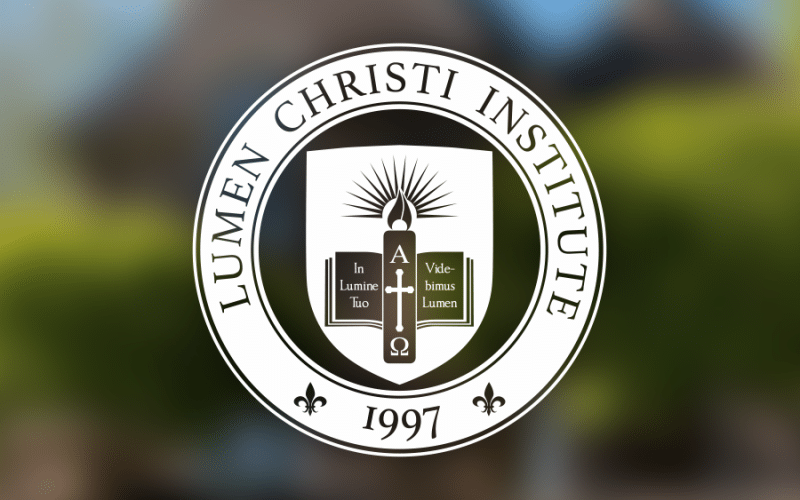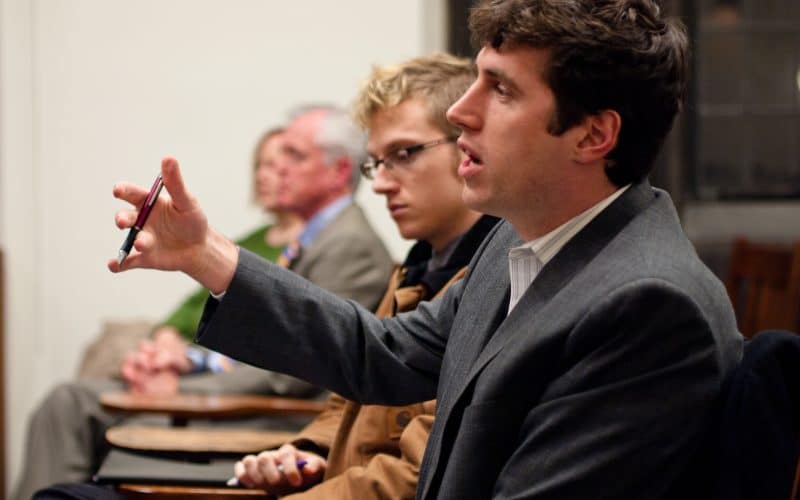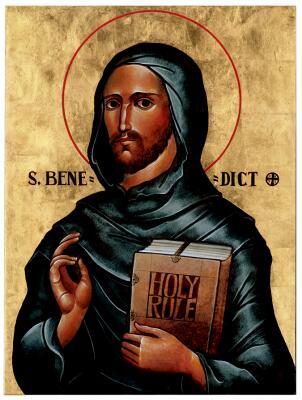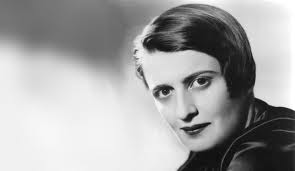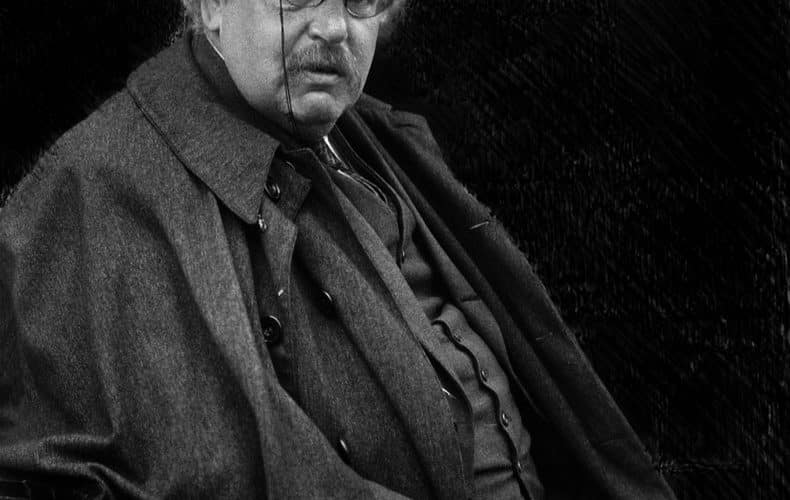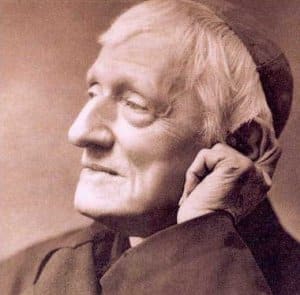Conference on Christian Legal Thought
The University Club of Washington DC 1135 Sixteenth Street, NW Washington, D.C. 20036, Washington, D.C., DCThis conference is offered for legal scholars, law students, and others interested in Christian legal thought. Conference Schedule Registration: 8:45am Panel One: 9:00am-10:30am “Public Unions and the Current State of Organized Labor ” David L. Gregory, St. Johns University School of Law Thomas C. Kohler, Boston College Law School John O. McGinnis, Northwestern University Law School Panel Two: 10:45am-12:15pm “Pedagogy” Susan Stabile, University of St. Thomas School of Law Deanell Reece Tacha, Pepperdine University School of Law Michael Scaperlanda, University of Oklahoma College of Law Lunch: 12:15pm-1:30pm Panel Three: 1:30pm-3:00pm “Law, Speech, and Morality” Eric R. Claeys, George Mason University School of Law Mary G. Leary,...
